Enticing post-COVID Japan to India
Japan has determined $ 2.2 billion for rehabilitation of industries exiting China. Prime Minister Modi’s new stimulus package, close to 10% of GDP, could be the impetus Japan needs to refocus FDI to India
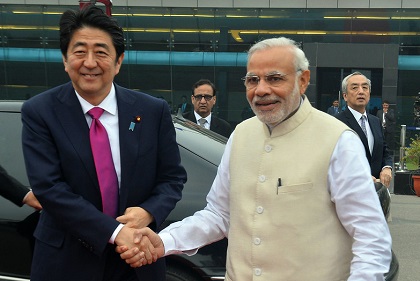 Courtesy: MEA/Flickr
Courtesy: MEA/Flickr
Japan has determined $ 2.2 billion for rehabilitation of industries exiting China. Prime Minister Modi’s new stimulus package, close to 10% of GDP, could be the impetus Japan needs to refocus FDI to India
 Courtesy: National Informatics Centre
Courtesy: National Informatics Centre
Compared to many countries India’s digital initiatives to monitor and control the impact of COVID19 have been surprisingly successful and swift. Creating and implementing the deep IT infrastructure necessary for this success is the National Informatics Centre (NIC) - the government’s pan-India, digital backbone.
 Courtesy: Shutterstock
Courtesy: Shutterstock
Under the ‘Artemis Accords’ the U.S. is planning an international coalition to extract natural resources from the Moon. China is concurrently planning an Earth-Moon Special Economic Zone. India’s antiquated endorsement of the 1979 Moon Agreement is shackling its true potential for economics-driven space exploration. India must immediately do away with Cold-War era, vintage whims of global commons.
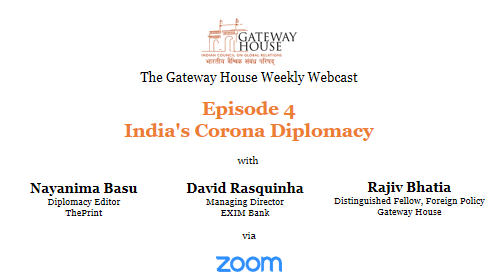 Courtesy: Gateway House
Courtesy: Gateway House
In this webcast, we discuss India's Diplomacy during the COVID-19 pandemic with David Rasquinha, Managing Director, Exim Bank, Amb. Rajiv Bhatia, Distinguished Fellow, Foreign Policy Studies Programme, Gateway House and Nayanima Basu, ThePrint.
 Courtesy: Burrough's Wellcome archive
Courtesy: Burrough's Wellcome archive
To tackle Covid19 the Indian government has invoked the colonial-era Epidemics Act of 1897, originally enacted to tackle the Bombay Plague of 1896. The plague wreaked havoc across Bombay and presented some of the same challenges the government faces today, including a migrant labour exodus. History teaches by examples - here is a glance in to the past
 Courtesy: Shutterstock
Courtesy: Shutterstock
COVID19 has forced a sharp increase in the adoption of remote working solutions across the world. Zoom’s daily participants have risen from 10 million in December 2019 to 300 million in April 2020. Microsoft Teams’ daily active users have risen by 70% in the two months since March 2020. ‘Work from home’ may well be the norm for the foreseeable future. A look at the global proliferation of the top 26 online apps to date.
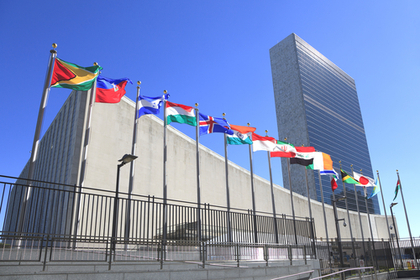 Courtesy: Shutterstock
Courtesy: Shutterstock
The COVID19 crisis has thrown into stark relief the strategic influence China wields across various agencies of the United Nations, especially the WHO. This raises the question - will the UN, as an important supra-governmental body, be able retain impartiality in the post-covid world order?
 Courtesy: Shutterstock
Courtesy: Shutterstock
The government’s short-term approach to tax planning brings in immediate revenues but has the long-term downfall of driving away business, and encouraging tax evasion. No country has taxed its way to prosperity and India is no exception.
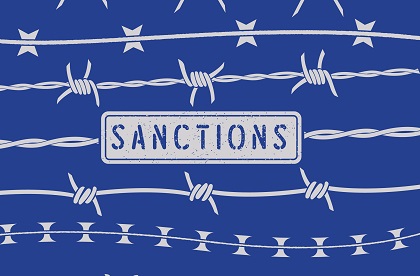 Courtesy: Gateway House
Courtesy: Gateway House
The shifting geopolitics of the COVID19 crisis might be an opportune time for India to consider new strategies for managing and curtailing Pakistan’s military aggression in the future. One policy tool used effectively by other countries is the imposition of economic sanctions. India needs to devise a comprehensive, multi-pronged approach.
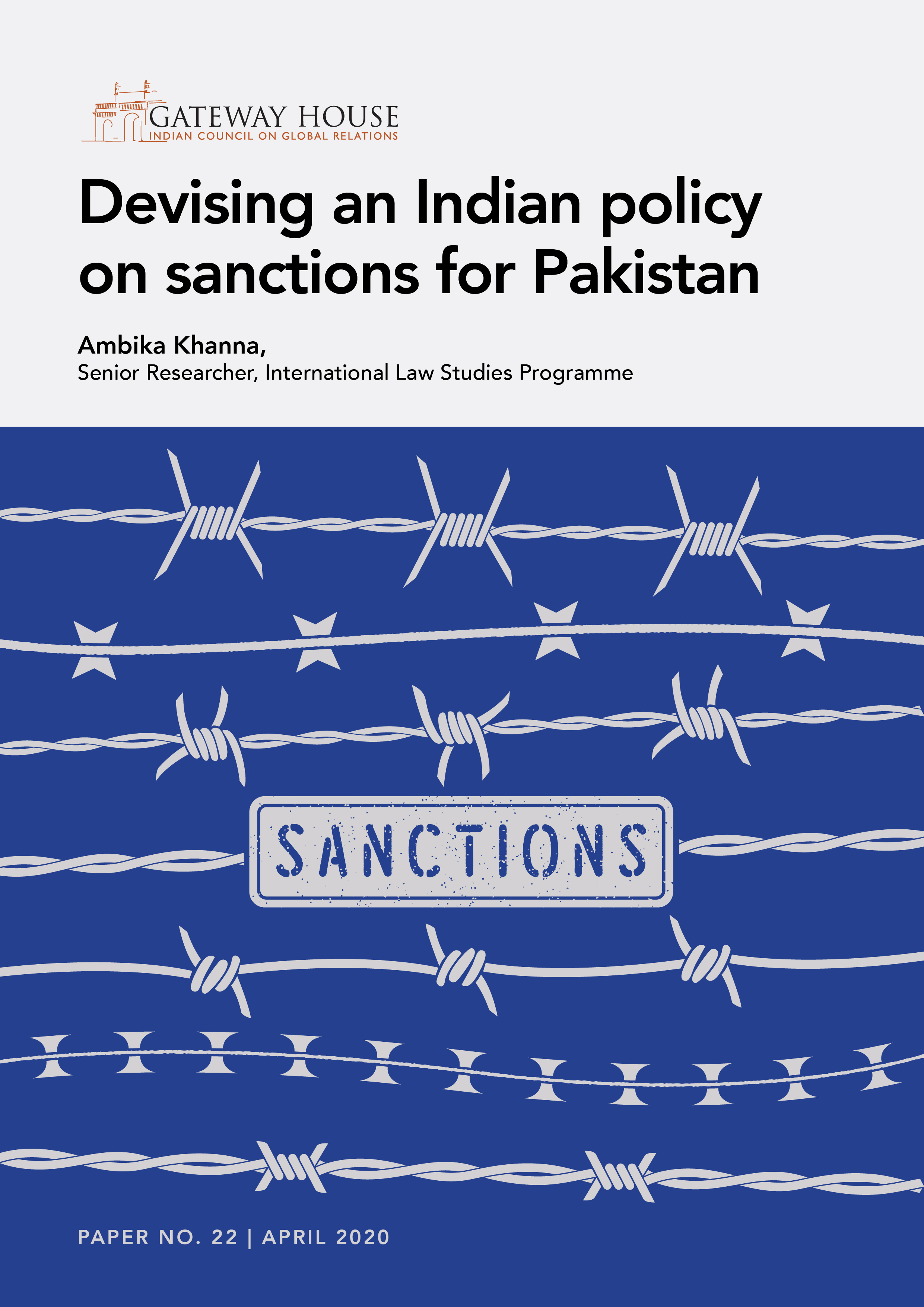 Courtesy: Gateway House
Courtesy: Gateway House
India must consider new strategies that can be put in place to manage Pakistan's ongoing military aggression and security threat. One policy tool that has been used effectively by many countries but remains unexplored by India is the imposition of sanctions. This paper analyses the feasibility of imposing sanctions on Pakistan and the strategies India should consider to execute this effectively. It makes recommendations on how to establish a legal framework, amend existing laws, include Indian stakeholders with business interests in Pakistan, get government departments to collaborate on implementation, and considers diplomatic measures India can undertake.